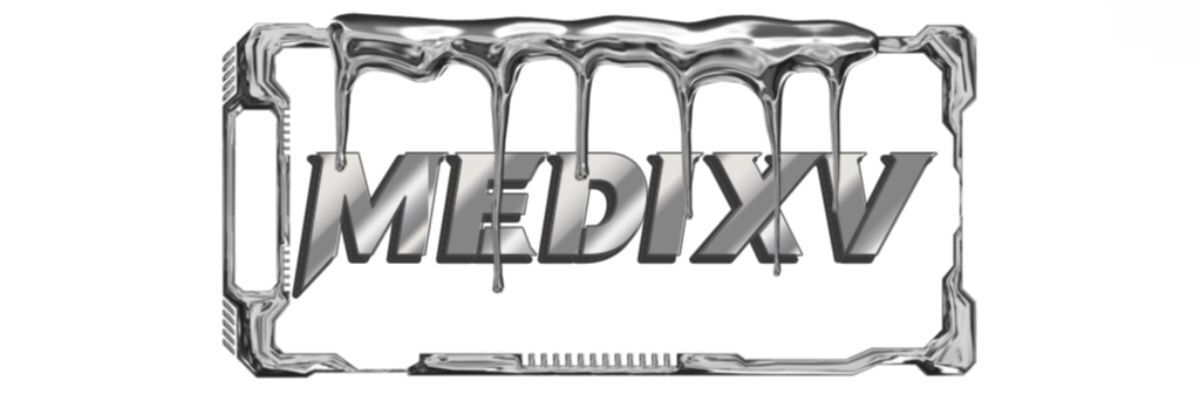Heat Resistance of PI Advanced Materials
Polyimide (PI) advanced materials have gained significant attention in various industrial applications due to their outstanding thermal stability. Understanding the Heat Resistance of PI Advanced Materials is essential for engineers and manufacturers who wish to leverage these materials in demanding environments.
For more information, please visit Heat Resistance of PI Advanced Materials.
1. Key Characteristics of PI Advanced Materials
The following attributes make polyimide materials particularly valuable in heat-intensive scenarios:
- High Thermal Stability: PI materials maintain their structural integrity over a wide temperature range, often exceeding 300°C (572°F) without significant degradation.
- Chemical Resistance: These materials resist many harsh chemicals, which can be advantageous in high-temperature, corrosive environments.
- Low Thermal Conductivity: This property helps in insulating sensitive components from heat while maintaining functionality.
2. Applications Benefiting from Heat Resistance
The impressive heat resistance of PI advanced materials allows them to be utilized in several applications, including:
Explore more:Top 5 Trends Shaping the Future of the Electronic Chemicals Industry
- Aerospace Components: Used in insulation for wires and flexible circuits in aircraft, PI materials contribute to safety and reliability in extreme altitudes and temperatures.
- Electronics Packaging: As electronics become more compact, the demand for materials that can withstand high temperatures without compromising performance is growing. PI materials are ideal for this purpose.
- Automotive Parts: In automotive applications, PI materials are used for under-the-hood components that are exposed to high temperatures, such as seals and electrical connectors.
3. Advantages of Using PI Advanced Materials
Companies are increasingly adopting PI materials due to several significant advantages:
- Versatility: PI materials can be processed into films, foams, and coatings, making them adaptable to various manufacturing processes.
- Long-Term Performance: The durability of PI materials leads to lower maintenance costs and extended lifespans of the components they replace.
- Lightweight: Compared to traditional materials, PI offers an excellent strength-to-weight ratio, thereby enhancing overall efficiency in applications like aerospace and automotive industries.
4. Challenges and Considerations
Despite their remarkable benefits, there are some challenges to consider when working with PI advanced materials:
- Cost: PI materials tend to be more expensive than alternatives like PVC or PTFE, which can be a limiting factor for some applications.
- Processing Complexity: Their unique properties often require specialized processing techniques that can complicate production.
- Temperature Limits: Although they handle high temperatures well, extreme conditions may sometimes lead to material failure if not carefully managed.
5. Future Trends in PI Advanced Materials
The future of polyimide materials looks promising, owing to the emerging trends:
- Innovative Formulations: Ongoing research is focused on developing new PI materials that offer even better heat resistance and other beneficial properties.
- Sustainability: As industries push for eco-friendly solutions, recyclable PI materials are being explored to reduce environmental impacts.
- Enhanced Processing Techniques: Advances in manufacturing technology may lead to more efficient production methods enabling wider adoption of PI materials.
The company is the world’s best Ink Additives supplier. We are your one-stop shop for all needs. Our staff are highly-specialized and will help you find the product you need.

Comments
0